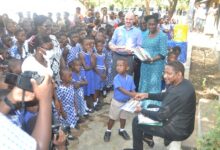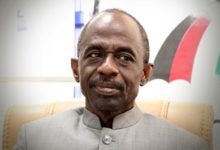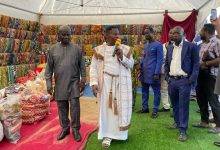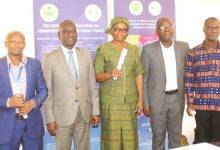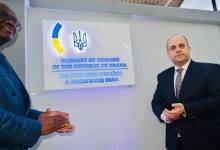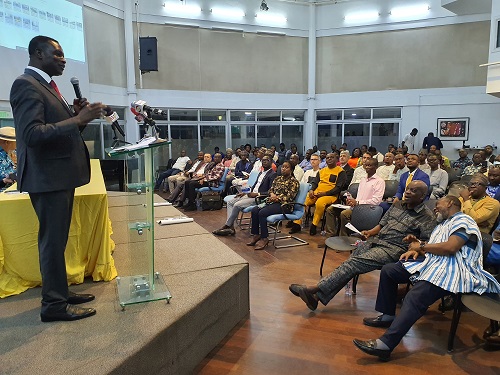
The eighth Baraka Policy Institute (BPI) annual lecture with emphasis on improving Ghana’s educational system was held in Accra yesterday.
The one-day event sought to provoke reflections on critical issues that needed attention in Ghana’s national development efforts.
It was on the theme “Towards achieving the SDGs on education: tackling socio-economic forces against progress in Ghana”.
The Minister of Education, Dr Yaw Osei Adutwum, in his remarks, noted that education was the key driver of change in developing a country, hence the need for Ghana to do same.
He explained that in the government’s quest to make education a priority, it has negotiated with the West African Examination Council (WAEC) to provide students with serialised tests that would ensure that students from different regions and examination centres could have different examination questions in order to curb question leakages.
This, he said, would cause students to pay more attention to their books and not rely on persons who promise leaked questions and in the long term eliminate cheating in the examination hall.
He added that there was the need for government to roll out courses such as engineering, robotics and artificial intelligence in the senior high schools and in partnership with the universities, so that they can be properly prepared when they enter the university.
The Minister urged parents not to serve as barriers to their children’s success, rather invest in their interest, saying “when a determined mind wants to do something we should not be in his or her way”.
Speaking on the topic; “the national development agenda and Ghana’s system of education: challenges and prospects,” Dr Gamel Nasser Adam, an educationist, underscored the need for the country to take a retrospective look at how national policy on education were formulated.
“If ideas and theories informed policy actions and Ghana continued to fumble from one policy to another; there was a need to take a critical look at the ideas and theories being used,” he explained.
He noted the policy makers have failed to provide solutions to address the disconnection between the country’s national development aspiration and our intellectual education future.
“We always tackle a problem with same mindset which created it in the first place.
We assume the national, socio-political and economic background to be the natural and workable one for policy development and we need to take a critical look at this assumption,” he said.
He added that the curricula of the science and technical institutions in the country should be recalibrated to fit into the national vision to transform the country scientifically and technologically to increase the successes of policies and interventions on the education front.
Scientist and development analyst, Mr Kwame Akyea, who spoke on the topic; “beyond education: unpacking the realities and complexities facing the Ghanaian Child,” said the educational system could be grouped into four structures known as the ladder, rail, chair and pole.
The four structures, he said, represented academia and professionalism, however, “professionalism has disappeared since we are slowly migrating every person onto a degree platform which would lead to eventual collapse”.
He emphasised the need for sustainable policies to ensure that the highest professional standards are maintained in Ghana’s educational sector which would eventually trickle down to the working class.
The lectures were attended by persons from academia, politicians, religious leaders and business sector.
BY JESSEL LARTEY THERSON-COFIE

